Kyrgyzstan‘s prime minister Kubatbek Boronov resigned Tuesday after widespread unrest pushed the country’s electoral body to cancel the results of Sunday’s parliament elections.
Protesters gathered in front of the Kyrgyzstan government headquarters, Tuesday, October 6, to protest the results of a parliamentary vote.
The Central Asian country of Kyrgyzstan descended into political uncertainty on Tuesday, with the opposition claiming to have seized power in the wake of flawed parliamentary elections that stoked violence and large protests in the capital Bishkek. Clashes between demonstrators and police flared throughout the night into Tuesday — with reports of more 600 injured and one person killed — as demonstrators stormed the country’s main government building, the White House, which holds both the office of the president and parliament. The unrest follows Sunday’s parliamentary vote that gave the majority of seats to two pro-government parties amid widespread charges of vote manipulation and bribery.
Boronov and Dastan Jumabekov, the speaker of the country’s parliament, presented their resignation letters at a meeting of legislators in the capital Bishkek on Tuesday Oct 6th.
The election took place against the backdrop of an economic crisis and coronavirus pandemic which hit Kyrgyzstan hard and has triggered a backlash against the government, which is accused of mismanaging the situation.
Allegations of widespread corruption and vote-buying have only added to frustrations. Aruuke Uran Kyzy, a Kyrgyz expert, told Al Jazeera that the five million som ($63,000) required to participate in the elections was often too high for parties that do not have oligarchs on their lists to afford.
“President Jeenbekov promised to create equal conditions for all the parties and not follow in the mistakes of Kyrgyzstan’s two toppled presidents,” she said.
“But he nevertheless went on to repeat all the mistakes of his predecessors. The political situation at the moment is blurred. We don’t know who is governing the country.”
The answer to the question of what is to come next is most likely going to come in the following days.
According to Schwartz, the protests so far have transcended the traditional north-south divide, a situation unprecedented in the country’s 29-year history.
But the divide is still there. The success of the new authorities that will emerge from the current chaos will likely depend on whether they will accommodate voices from the south.
Schwartz said that was is happening in Osh – in Kyrgyzstan’s south – is significant.
“The city council has turned against the mayor. It looks like the north and south rivalry may be transcended by broader concerns, but it’s still there. And it could come back with a vengeance once it becomes clear in which direction the country is going,” Schwartz said.
“The salvation for the country will most certainly lie in the genuine free and fair general election. If that cannot happen, it is unclear what happens after this.”
Sources: Reuters – AlJazeera – TASS


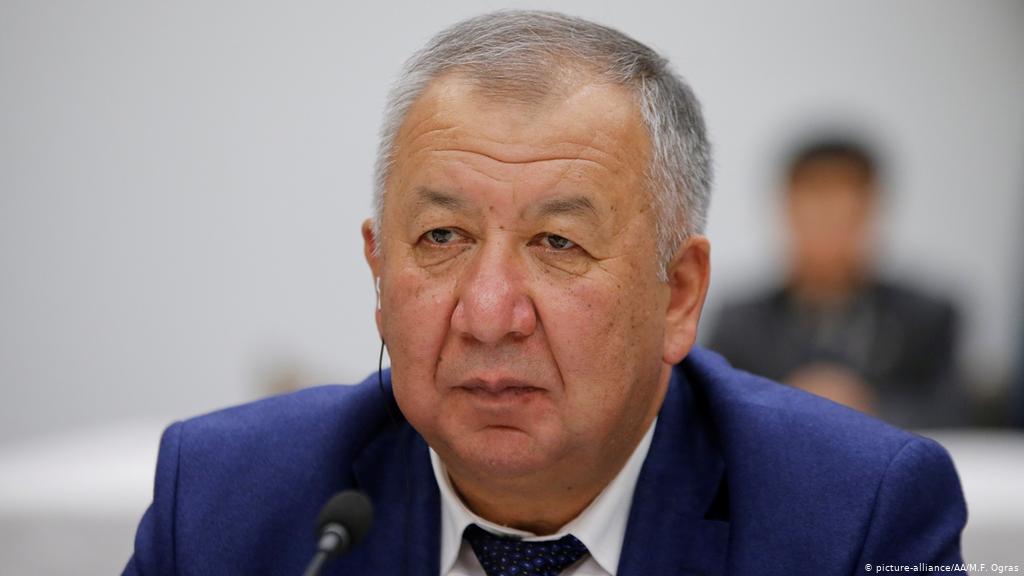
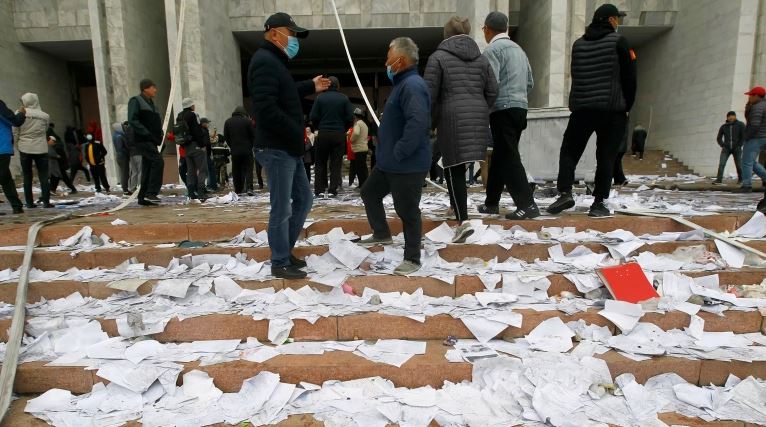
![[UPDATE] Jul 23, 2025 - Russia-Ukraine 3rd Round of Talks to Kick Off in Istanbul this Evening 3](https://ho1.us/wp-content/uploads/2025/07/Jul23_RussiaUkraine3rdTalks-400x300.jpg)
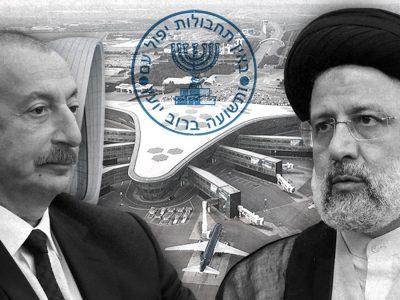
![[UPDATE] Russia, Ukraine to Hold Second Round of Talks on Jun 2nd, in Istanbul 5](https://ho1.us/wp-content/uploads/2025/06/Jun02_RussiaUkraine2dnRoundTalks-400x300.jpg)
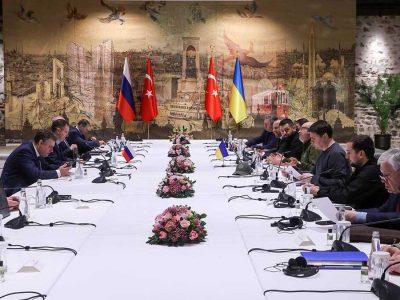
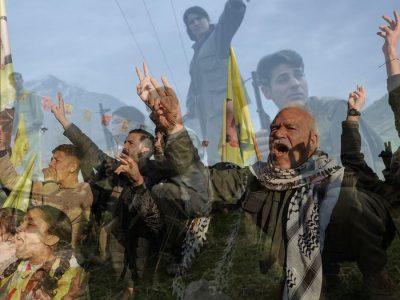
















Comments